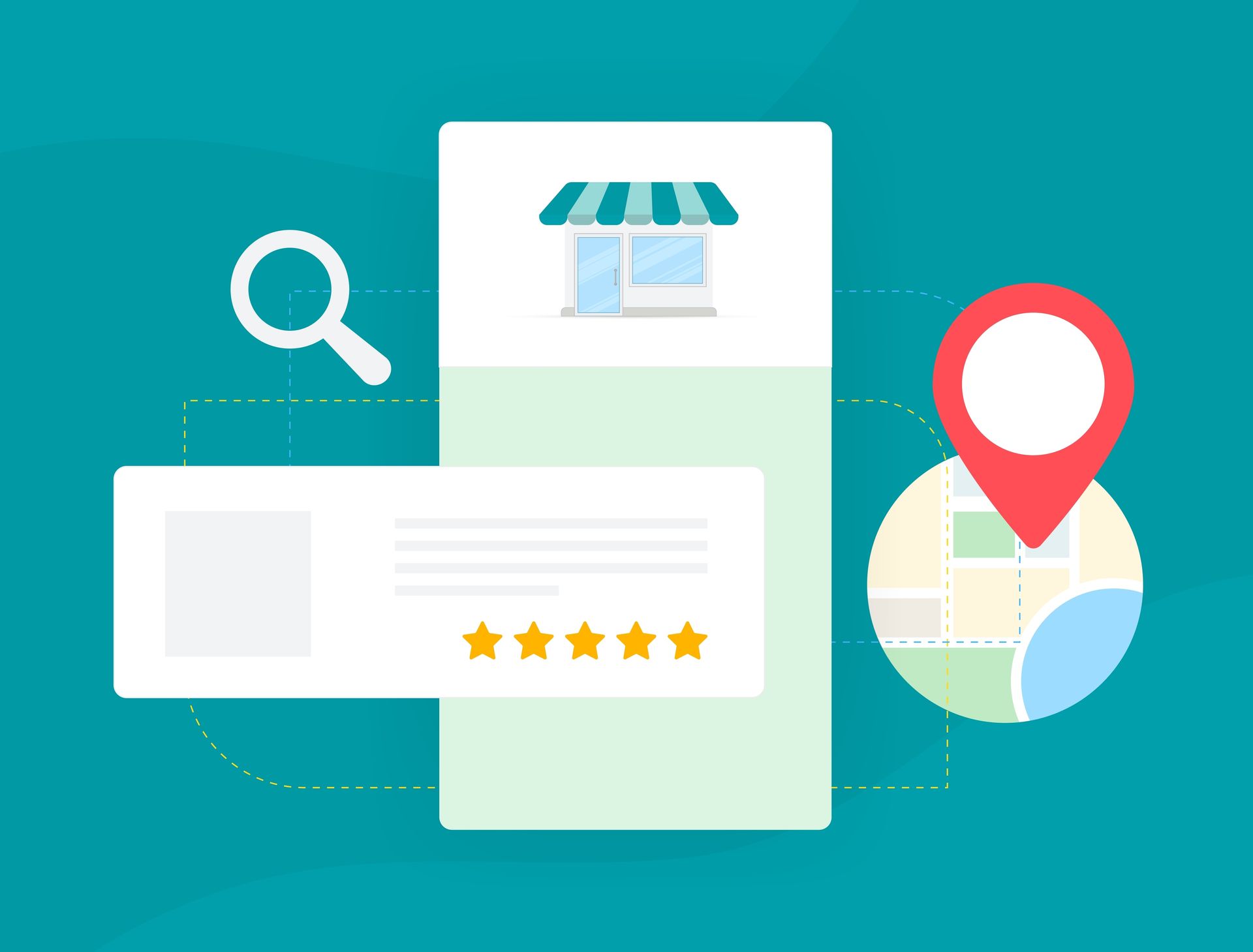Local SEO Strategies to Dominate Your Service Area
Local SEO is the key to ensuring that your business is visible when potential customers search for services in your area. Whether you’re a small business or an established company, mastering local SEO helps you stand out in local search results, attract more customers, and ultimately grow your business. Let’s break down effective strategies to help you dominate your service area and outshine your competitors.

1. Optimize Your Google Business Profile
Your Google Business Profile (formerly known as Google My Business) is the cornerstone of local SEO. When people search for businesses in your area, your profile appears in the Google Map Pack and local search results. Here’s how to make the most of it:
- Claim and Verify: If you haven’t already, claim your profile and ensure it’s verified.
- Complete Every Section: Fill in your business name, address, phone number, hours of operation, website URL, and service areas. Don’t forget to add business categories and services offered.
- Use Keywords: Include location-based keywords and service-related keywords in your business description to boost visibility.
- Update Regularly: Keep your profile up to date with any changes, including new photos, posts about promotions, and updated service information.
2. Build Local Citations
Local citations are online mentions of your business on websites, directories, and social platforms that list your business’s name, address, and phone number (NAP). Search engines use these citations to verify the legitimacy of your business. To strengthen your local SEO:
- Ensure Consistency: Make sure your NAP information is consistent across all platforms. Inconsistencies can hurt your search rankings.
- Get Listed on Local Directories: Submit your business to local and industry-specific directories such as Yelp, Yellow Pages, Angi, and HomeAdvisor. These sites are valuable for local SEO and building trust with potential customers.
- Look for Niche Citations: If you’re in a specific industry (e.g., plumbing, roofing, landscaping), find directories related to your niche.
3. Use Location-Based Keywords
Targeting location-specific keywords helps search engines understand where your business operates. This will help you show up in local searches. Here’s how you can effectively use them:
- Incorporate Keywords on Your Website: Use keywords such as city names, neighborhoods, and regions throughout your website’s content, including headings, meta descriptions, service pages, and blog posts.
- Create Location Pages: If your business operates in multiple areas, create individual landing pages for each location. Optimize these pages with local keywords and details about the services offered in each location.
- Use Location Keywords in Titles: Titles and headers are critical for SEO, so make sure to include relevant location-based terms in these areas.
4. Encourage Customer Reviews
Positive customer reviews not only build trust but also boost your visibility in local search results. Google highly values reviews as part of its ranking algorithm for local search. Here’s how to make the most of them:
- Ask for Reviews: After completing a service, encourage satisfied customers to leave a review on your Google Business Profile. You can also request reviews on platforms like Yelp or Facebook.
- Respond to Reviews: Show that you care about customer feedback by responding to positive and negative reviews. Acknowledging feedback can further improve your reputation.
- Incorporate Reviews on Your Website: Displaying reviews on your site reinforces trust and provides fresh content that search engines love.
5. Create High-Quality Local Content
Content marketing is a powerful tool in local SEO. By creating valuable, location-specific content, you can drive traffic and establish your authority in your service area. Here are some ideas:
- Write Blog Posts About Local Topics: Discuss events, news, or trends that are specific to your community or industry in your area. This can boost your rankings for location-based searches.
- Highlight Case Studies and Testimonials: Feature success stories from customers in your local service area. This helps build credibility and local relevance.
- Publish Guides and Resources: Create guides or how-to posts that are tailored to your area (e.g., "The Ultimate Guide to Home Maintenance in [City Name]").
6. Use Schema Markup for Local SEO
Schema markup is a code that helps search engines understand your content better. By using local business schema, you can give search engines specific information about your business that can improve your search results. Here’s why it matters:
- Add Local Business Schema: Include schema markup that contains your business’s NAP, hours of operation, reviews, and services. This improves the likelihood of being featured in rich results, like Google’s Map Pack.
- Help Search Engines Display Key Information: Schema markup helps search engines display essential details about your business directly in search results, giving you more visibility and credibility.
7. Optimize for Mobile
A large percentage of local searches are done on mobile devices. If your website isn’t mobile-friendly, you risk losing potential customers. Here’s how to ensure a smooth mobile experience:
- Use Responsive Design: Make sure your website adjusts seamlessly to different screen sizes, whether customers are using smartphones, tablets, or desktop computers.
- Optimize for Speed: Slow-loading pages lead to high bounce rates. Ensure your site loads quickly on mobile by compressing images and eliminating unnecessary elements.
- Simplify Navigation: Ensure that your site is easy to navigate on smaller screens, with clear calls to action and a simple layout.
8. Leverage Social Media for Local Engagement
Social media is an excellent way to connect with your local audience and boost local SEO. It’s also a platform where customers often check reviews and ask for recommendations. Here's how to make the most of it:
- Engage in Local Groups: Join Facebook groups or online communities relevant to your area. Actively engage by offering advice and promoting your services where appropriate.
- Use Location Tags: On platforms like Instagram and Facebook, add location tags to your posts to increase visibility among local users.
- Promote Local Events and Partnerships: If your business is involved in local events or partnerships, promote these on social media to strengthen your ties to the community.
Dominate Your Service Area with the Help of Aletheia Digital
Local SEO is essential for any business looking to dominate its service area. By optimizing your Google Business Profile, using local keywords, building citations, and creating location-based content, you can establish your business as a top contender in local search results. If you’re ready to take your local SEO efforts to the next level,
Aletheia Digital is here to help. We specialize in tailoring SEO strategies to help service businesses thrive in their communities. Contact us today for more information on how we can help your business grow!
Additional Resources
- Previous Blog Post: How to Make Your Website Work Better For Your Business
- Check Out Our SEO Packages
- Contact Aletheia Digital for a Meeting With Our Experts!
Writers Note:
This blog was written by Aletheia Digital staff with the assistance of AI.


